The European Commission has unveiled key revisions to the EU Deforestation Regulation (EUDR), aimed at reducing red tape and cutting compliance costs by up to 30%, while still upholding the regulation’s environmental integrity. The move is part of a broader effort under the EU’s Competitiveness Compass strategy to support business productivity and regulatory efficiency across the bloc.
The EUDR, which came into force in June 2023, targets imports linked to deforestation by requiring companies to ensure products such as palm oil, timber, cocoa, soy, coffee, rubber, and beef—as well as their derivatives like leather, chocolate, tires, and furniture—are not associated with forest loss post-2020. Originally, large businesses were expected to comply by the end of 2024 and smaller companies by June 2025, but a one-year delay was granted in late 2024 due to preparedness concerns from global and domestic stakeholders.
To ease implementation, the Commission has introduced several practical adjustments to the regulation. Companies will now be allowed to submit due diligence statements once annually, rather than for every shipment—reducing the frequency and intensity of reporting. In cases where goods are reimported, firms can reuse existing due diligence documentation, avoiding repetitive administrative work. Additionally, group-level submissions are now permitted through authorized representatives, offering a consolidated reporting option for corporate groups or supply chain intermediaries. The Commission has also provided clarified guidelines for upstream due diligence, allowing companies to use supplier reference numbers to trace products, which simplifies verification processes.
“Our aim is to reduce administrative burden for companies while preserving the goals of the regulation,” said Jessika Roswall, Commissioner for Environment, Water Resilience and a Competitive Circular Economy.
For corporate leaders, procurement officers, and sustainability professionals, these revisions signal a more manageable path to compliance—offering relief without compromising the EU’s climate and biodiversity goals. As global expectations for ethical and sustainable supply chains continue to rise, the EUDR remains a central pillar of the EU’s green trade policy, now bolstered by greater flexibility and clarity.









